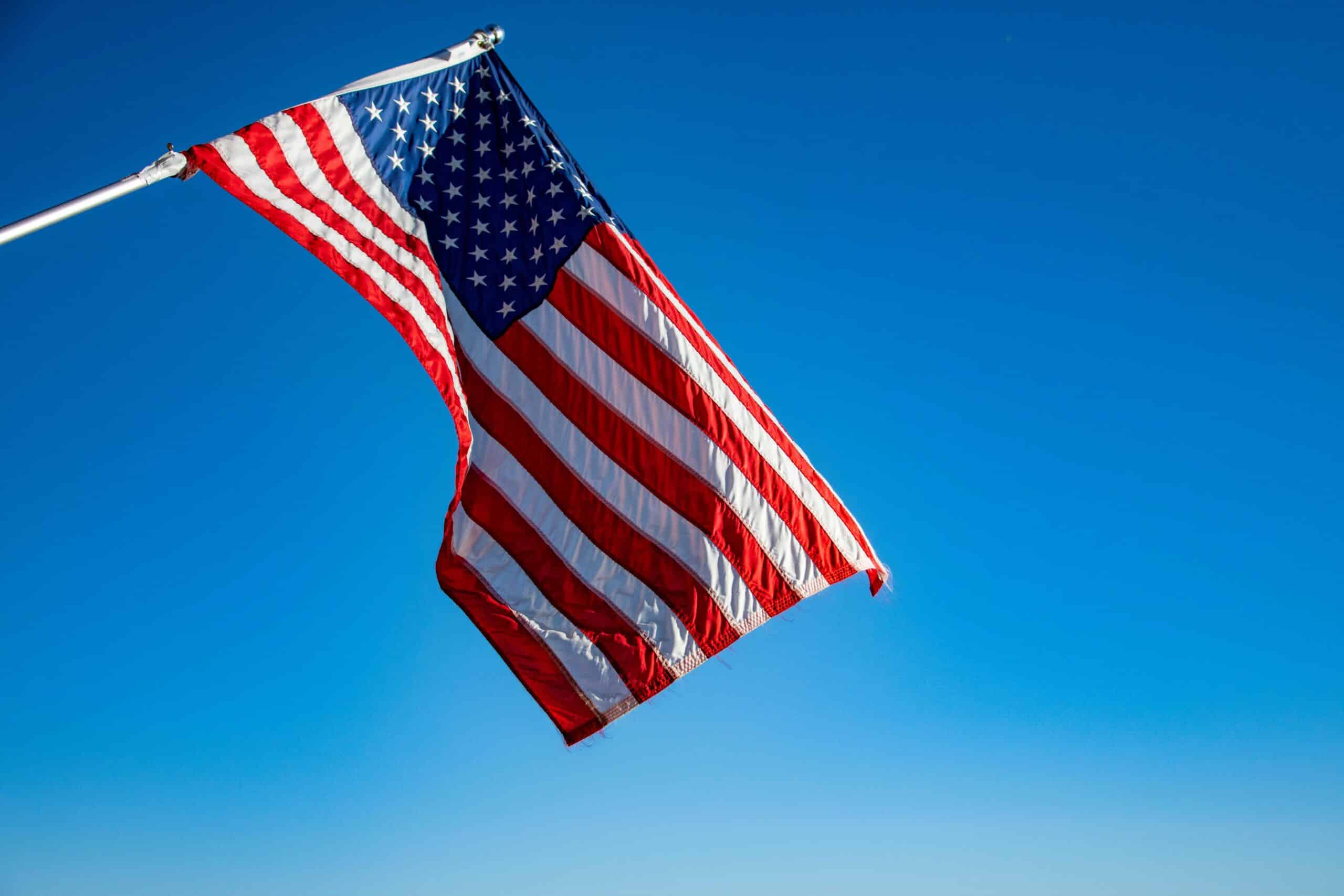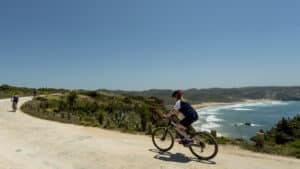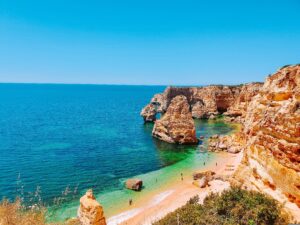Concern grows that tariffs could put a dent in Portugal’s booming tourism industry
Portugal’s tourism sector is growing increasingly worried about the possible effects of the tariffs promised by US President Donald Trump. While the impact isn’t being felt just yet, industry leaders warn that a recession in the US could hit Americans’ wallets – and that could spell trouble for one of Portugal’s fastest-growing visitor markets.
Francisco Calheiros, head of the Portuguese Tourism Confederation, expressed his worries after meeting with the Minister of Economy on Wednesday.
“We worry that if there’s no common sense in this, it could trigger a crisis for the US and its citizens. And less spending power means less consumption,” he said – in other words, less travelling and tourism.
The Portuguese Association of Travel and Tourism Agencies (APAVT) is also concerned, highlighting the real risk of inflation and economic slowdown in the U.S., which could not only stall growth but bring global tourism spending down with it.
The recent surge of American tourism in Portugal makes the situation even more worrying, explains APAVT president Pedro Costa Ferreira. “Inflation and a recession by the end of the year in the US would stop, in some way, the growth of this market which has become so important for Portugal,” he told Lusa news agency.
Not only has the number of American tourists visiting Portugal been growing steadily over the years, but are also among those with the highest spending power. In 2024, they were the fourth highest-spending group, splashing out €279 million – a jump of over 11% from the year before, according to Portugal’s statistics institute (INE). Only British, French, and German tourists spent more.
Americans also racked up 5.1 million overnight stays in Portugal last year, making up 9% of all non-resident hotel stays, according to official stats.
The Bank of Portugal’s 2023 data also paints a strong picture, with U.S. tourists ranking fifth in terms of spending-behind only Spanish, British, French, and German travelers.
To capitalise on this trend, airlines have added new routes, and tourism boards have doubled down on marketing in the US. TAP, Portugal’s flagship carrier, is betting big, with three new U.S. routes launching soon: Lisbon–Los Angeles, Porto–Boston, and Terceira–San Francisco.
“We’re confident these routes will be a success,” TAP told Lusa, brushing aside concerns. But not everyone shares that optimism. Air France-KLM has already noticed a dip in US ticket sales, especially in economy class.
Meanwhile, United Airlines is about to launch in May the first direct link between the US and the Algarve, connecting Faro to Newark (New York).
Meanwhile, the Portuguese government is keeping a close eye on developments. After meeting with tourism leaders on Wednesday, ministers are set to discuss the issue at the next cabinet meeting, with possible measures to cushion any impact already on the table.
Trump’s maligned tariffs are also expected to affect the number of Portuguese travelling to the US, according to APAVT, which warns that the uncertainty cuts both ways.
“If instability and anti-globalisation policies persist, it’s likely fewer Portuguese will visit the US this year,” the association’s boss said.
Forecasts from Tourism Economics, an international peer reviewed journal, support that concern, predicting a 9.4% drop in international visitors to the US in 2025 if current trends continue.
Still, the US Embassy in Lisbon says it hasn’t received complaints from Portuguese travellers. “Entry rules haven’t changed,” said spokesperson Marie Blanchard. “All visitors are subject to the same rigorous security checks.”
Even so, Portuguese travel advisories now include alerts for gender identity issues and reminders that holding an ESTA visa doesn’t guarantee entry.




















